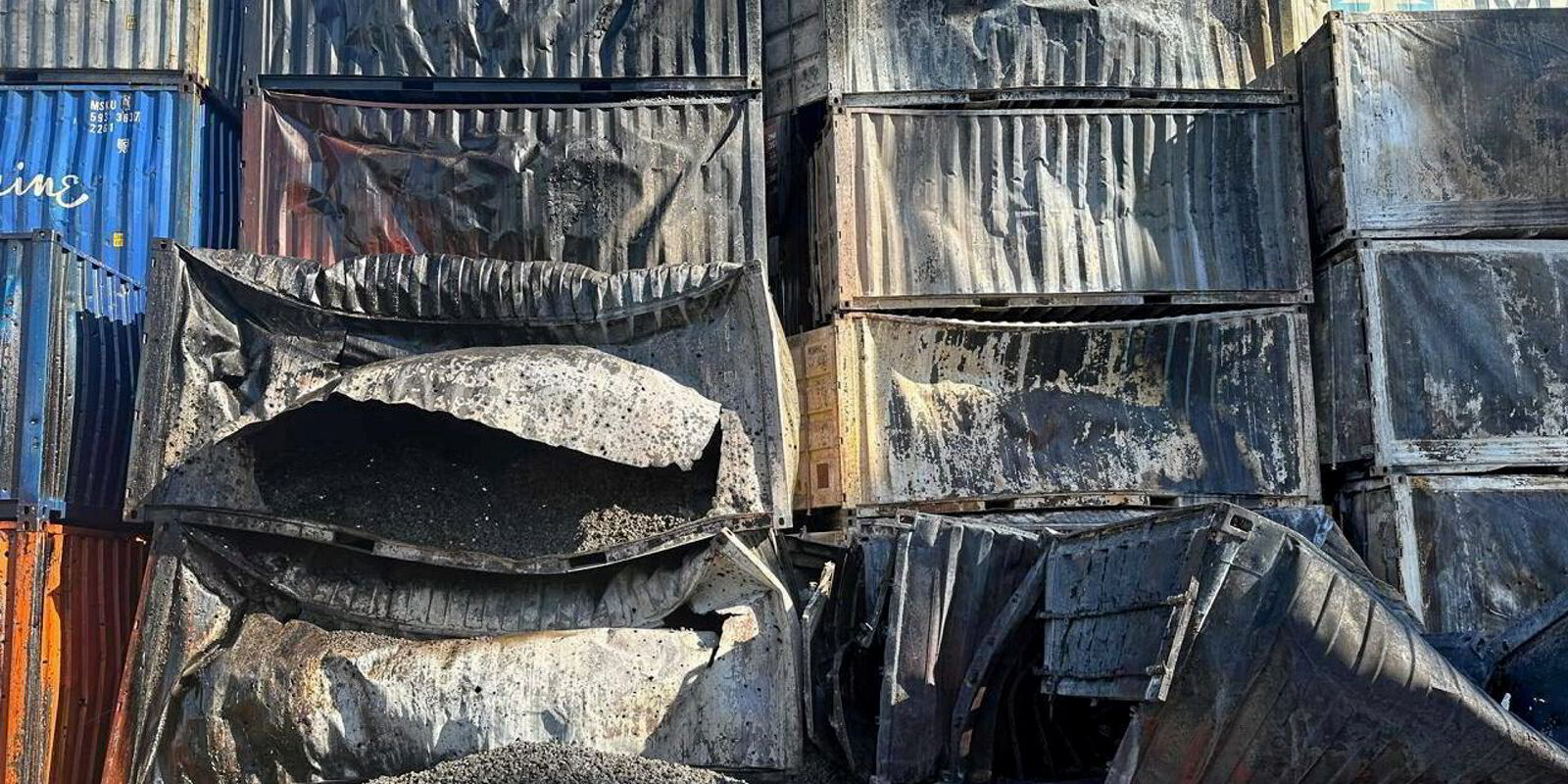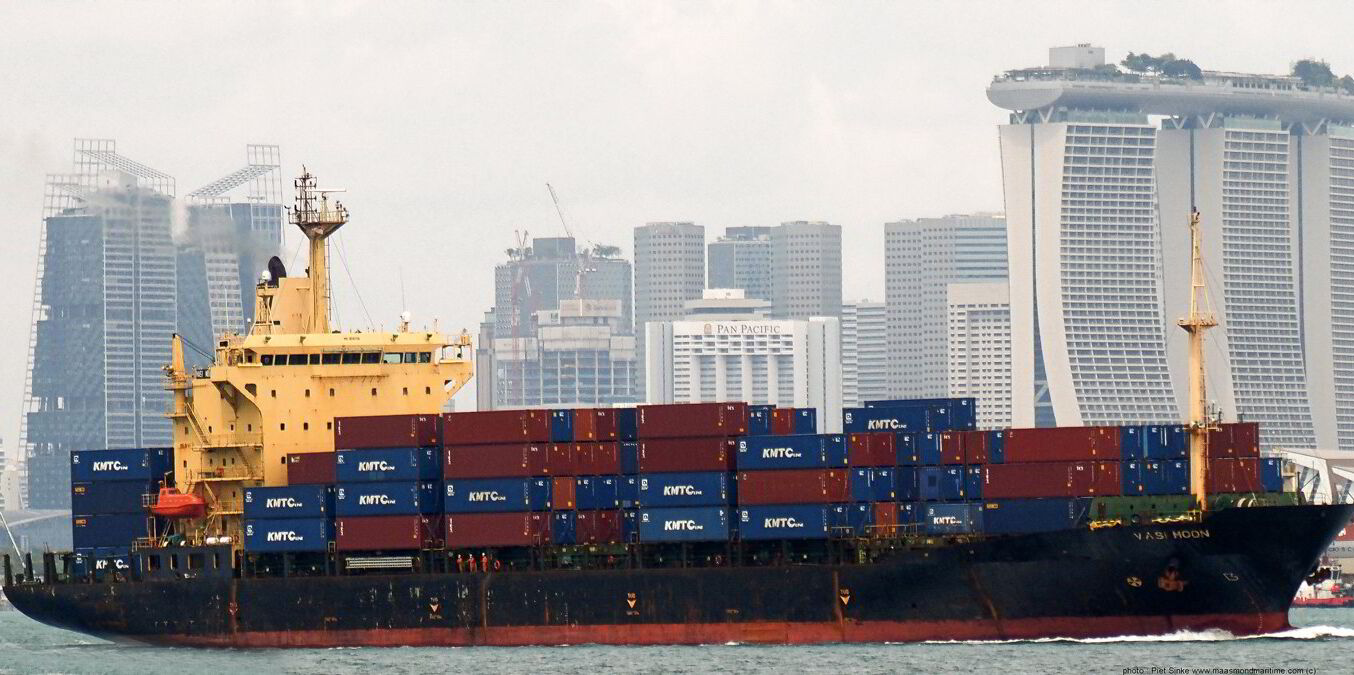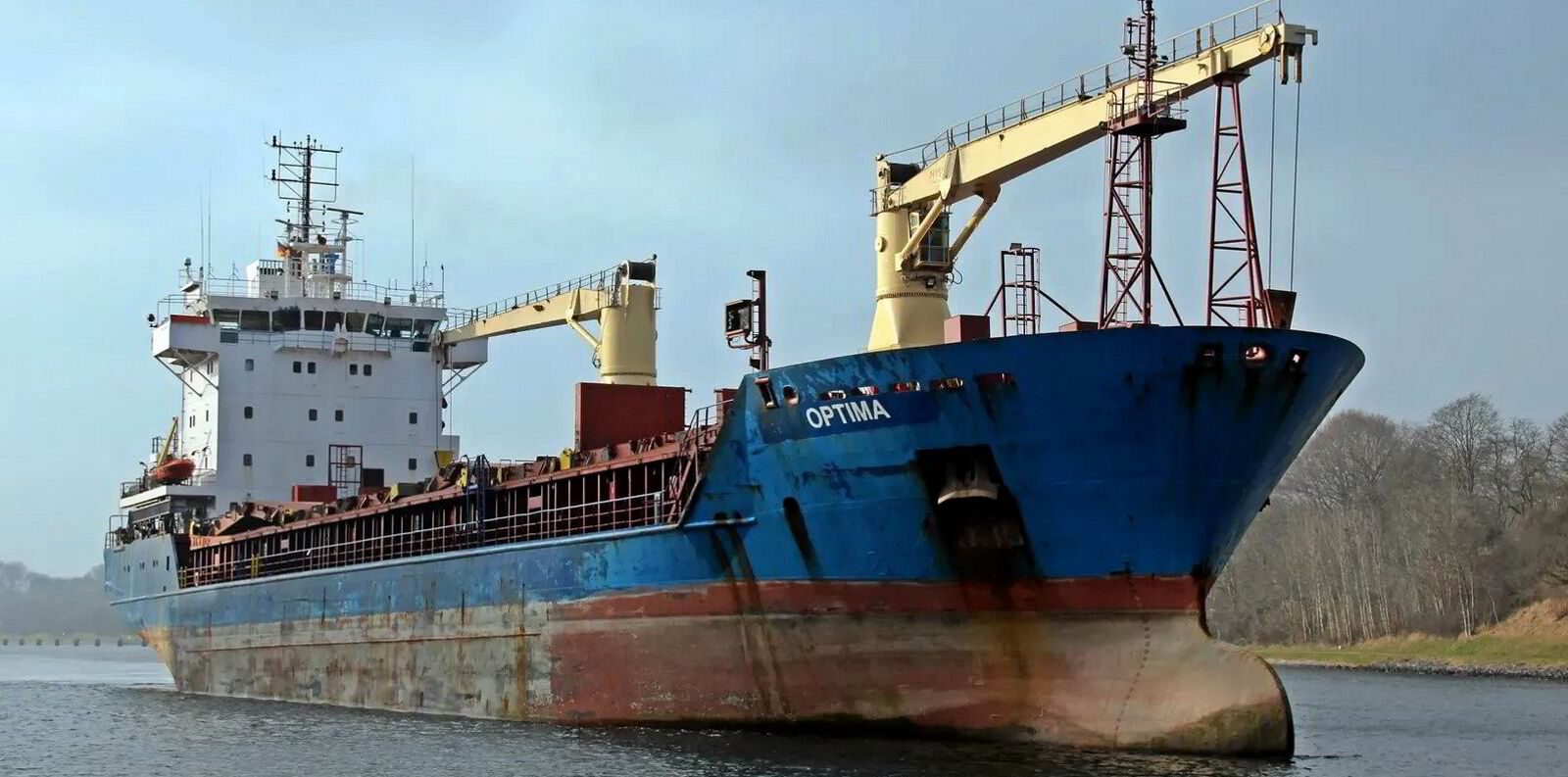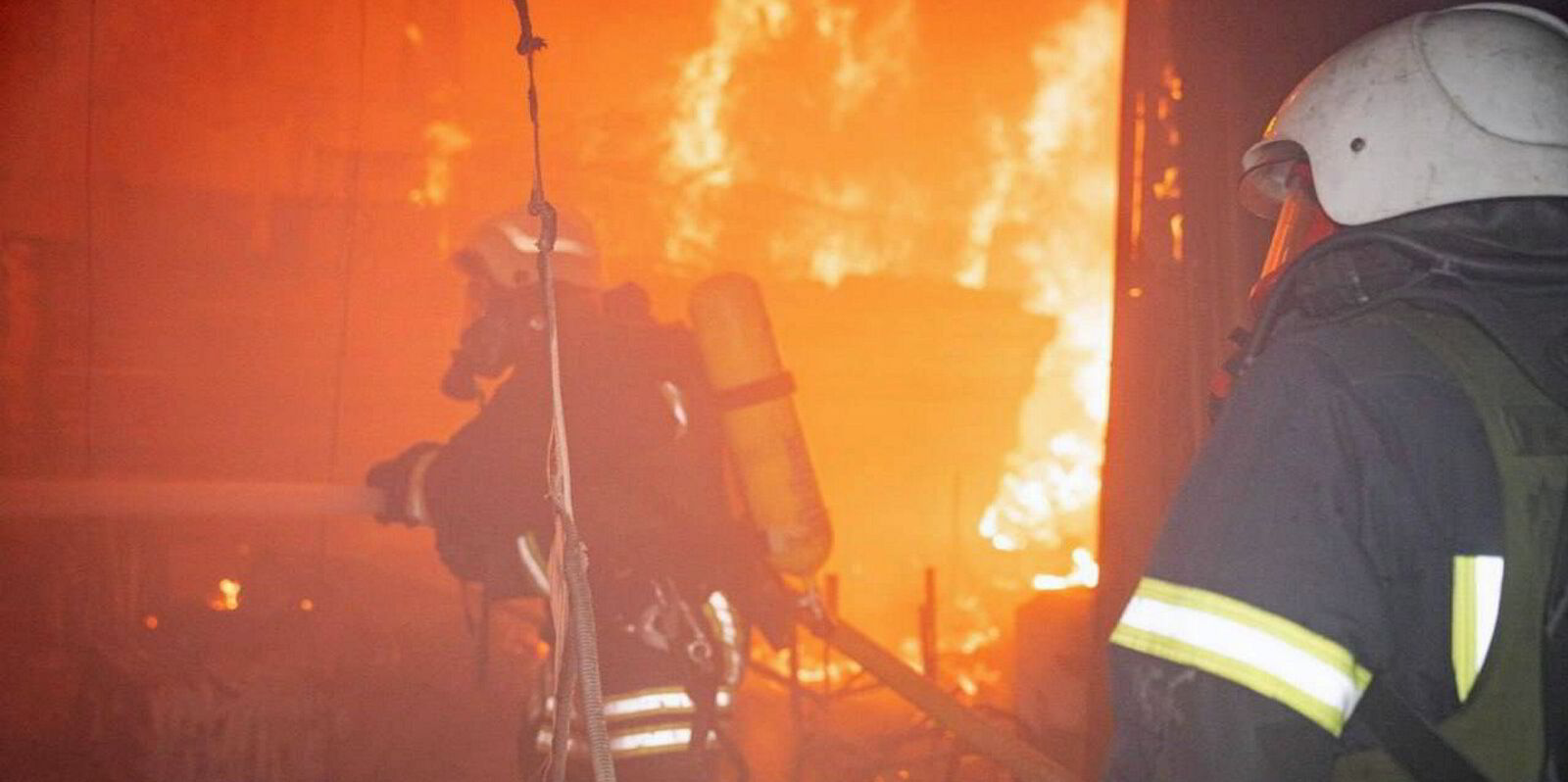A container ship was damaged during a Russian missile attack in the Odesa region on Wednesday — the third such casualty this week and the fifth in a month.
In a statement on his Telegram channel, Ukrainian deputy prime minister Oleksiy Kuleba identified the vessel as the Panama-flagged, 1,679-teu Shui Spirit (built 2000).
Kuleba did not elaborate on the extent of the damage, other than to say that it occurred during a wider Russian attack with several ballistic missiles on port infrastructure in Odesa, which killed seven residents, including a 46-year-old port worker.
According to Odesa governor Oleh Kiper, 11 other people were injured, including seven who are in a serious condition.
The Shui Spirit is listed under the management of Portugal-based Nortada Shipmanagement.
An executive contacted by TradeWinds said Nortada was in no position yet to elaborate on the status of the ship.
However, he assured TradeWinds that none of its seafarers have come to harm: “The crew are all right.”
Vessel trackers show the Shui Spirit at the Chornomorsk container terminal near Odesa.
Incidents pile up

This is the third time this week that a ship has been damaged during an attack on port infrastructure in the Odesa region.
Russia’s defence ministry has acknowledged deliberately targeting the 6,273-dwt Paresa (built 1992) on Sunday in the port of Yuzhny.
The Paresa’s Greece-based manager, AK Shipping, vehemently denied Moscow’s claims that the general cargo vessel had brought weapons into Ukraine and said it ballasted to Ukraine to load corn.
On Monday, the 5,800-dwt Optima (built 2008) was damaged in another attack on the Odesa terminal, in which a 60-year-old Ukrainian port worker died.
Ukrainian authorities interpret this week’s raids as a concerted effort by Russia to disrupt its seaborne grain exports.
The trade had been going on surprisingly smoothly since Ukraine established its own maritime corridor in August last year, after Russia pulled out of a similar United Nations-led scheme.
More than 2,500 voyages have been recorded out of the ports of Odesa, Yuzhny/Pivdennyi and Chornomorsk since then.
During this period, Russia has been frequently attacking Ukrainian port infrastructure in the three terminals, plus other ports by the Danube River.
Direct strikes on ships, however, had been very rare.
This began changing in September, when the 27,300-dwt Aya (built 1997) was hit at open sea off Romania and the 6,300-dwt Golden Lion (built 2006) was damaged during hostilities in Odesa.
As it did in the case of the Paresa, Russia claimed that the Golden Lion was carrying arms.
By contrast, Moscow authorities have remained silent so far about the incidents concerning the Optima, the Aya and the Shui Spirit.
The UK’s Ministry of Defence has suggested that the hit on the Aya resulted from poor and mistaken targeting by a panicked Russian pilot.
As TradeWinds has reported, war risk insurance costs in the Black Sea looked set to increase as a result of the attacks.
Premiums in the region stood at 0.7% to 0.8% of total hull values, but market sources said they could increase, as the latest attacks represented a “step change” in the Russian approach.
“This change might be a result of the changes in the Russian military leadership,” security firm Ambrey Analytics said in a circular on Tuesday.





